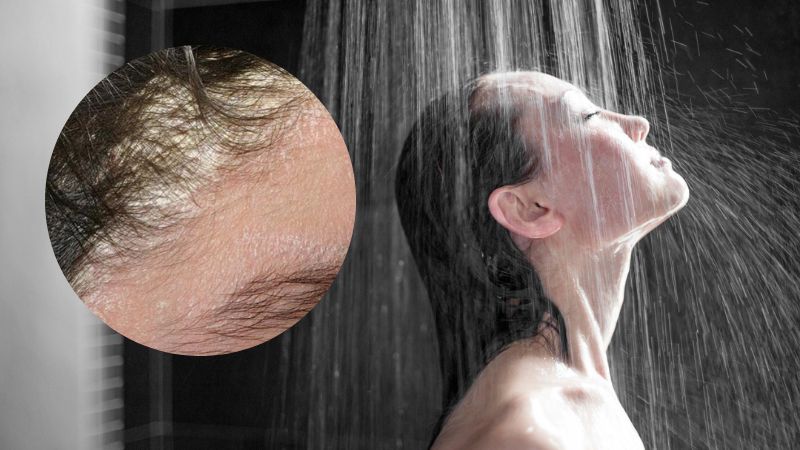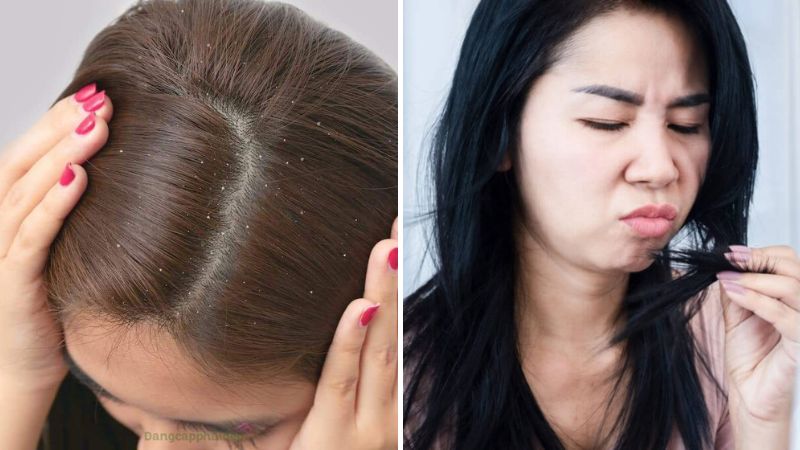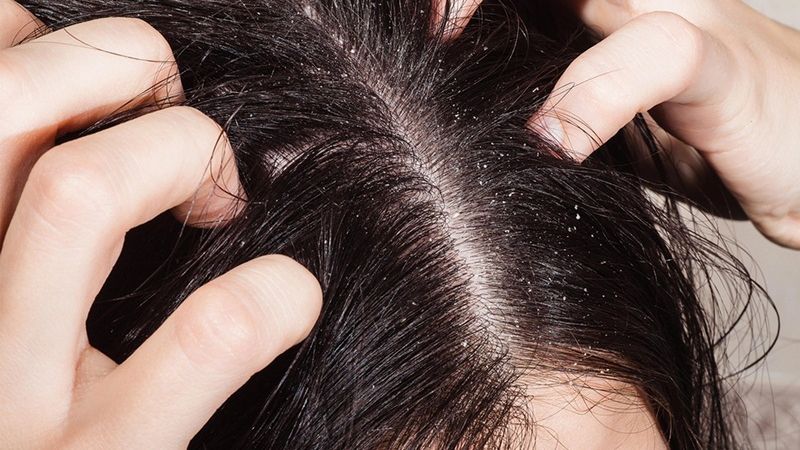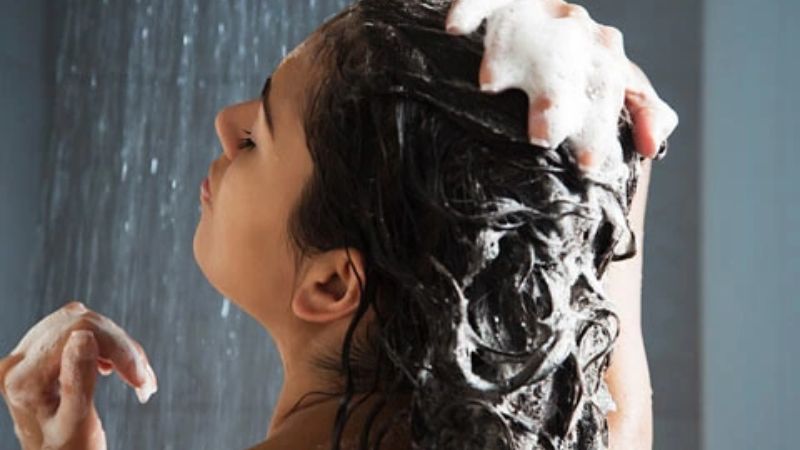Night time showers have become increasingly popular, offering a soothing and rejuvenating experience after a tiring day. Yet, it is important to note that there may be a connection between night showers and the potential risk of developing scalp fungus. In this informative piece, we will explore this correlation and provide practical tips for preventing scalp fungus.
Could Washing Your Hair at Night Lead to Scalp Fungus?
Dr. T. Quốc Hùng, an esteemed dermatology and aesthetics specialist at the Ho Chi Minh City University Medical Center, has highlighted the increased susceptibility to scalp fungus in individuals who frequently bathe and wash their hair at night. This condition arises due to the invasion of the scalp or hair by fungal species Trichophyton and Microsporum, leading to infection. These specific fungi typically thrive in a moist scalp environment.
The gradual invasion of fungi into the scalp can be challenging to identify. At first, there may be a subtle itch or no itch at all. However, over time, there are indications such as small water bumps and mild flaking, which is often mistakenly assumed to be ordinary dandruff.
If the disease is not addressed promptly, it can potentially lead to significant consequences, such as an increased risk of infection or even permanent hair loss.

Causes of Fungal Infections of the Scalp
Failure to maintain scalp hygiene
When proper hygiene is not maintained for the scalp, a combination of sweat, dirt, and dead cells can create an ideal moist environment for the growth of fungi. Additionally, if proper hygiene, scratching, or vigorous rubbing is not performed during the hair washing process, it can result in scalp damage. In such cases, fungi can easily invade and cause deeper attacks.

Not keeping the scalp clean
Daily Habits
People with busy schedules often neglect washing their hair and only do it when the hair is very dirty. Alternatively, some individuals prefer to wash their hair in the evening but fail to fully dry their hair before going to bed. These practices can potentially lead to hair and scalp health issues. Additionally, sharing personal items like combs, hats, and pillows increases the risk of spreading infections.

Daily habits
Risk of Infection from Animals
If you do not maintain proper hygiene for your pets, they can easily become infected with fungus. Additionally, coming into direct contact with infected animals can also result in fungal infections for humans. Furthermore, living in a polluted environment or using water that is contaminated with bacteria and fungi can also contribute to scalp fungus problems. It is crucial to prioritize cleanliness and take precautions to prevent the spread of fungus.
3 Reasons to Start Washing Your Hair at Night
It is advisable not to wash your hair at night, particularly after 8 PM. However, if it cannot be avoided, it is important to ensure that your hair is thoroughly dried and blow dried before going to bed, to prevent dampness.
It is crucial to exercise extreme caution and avoid washing your hair after 11 PM. During this period, the body is highly sensitive, and the act of washing your hair can result in significant harm to your overall well-being and affect your health adversely.

Considerations when washing your hair at night
When bathing in the evening, preferably between 7 PM and 8 PM, it is recommended to pour water slowly and gently, using warm water. This will allow the body to gradually adjust and naturally expand blood vessels, promoting relaxation and circulation.
The optimal time to wash your hair is approximately 1 to 2 hours before or after having a meal. Washing your hair when your body is excessively hungry or full can lead to various issues, including cramps, stomach pain, nausea, discomfort, and abdominal pain. Hence, it is advisable to wait for the digestion process to occur and the body to stabilize within the 1 to 2 hour timeframe before or after a meal.
Ensure the well-being and radiance of your scalp by taking proper care of it, utilizing the valuable knowledge provided above. By doing so, you can effectively minimize any unwanted health concerns.
Tin tức hàng ngày
Việt Nam chính thức tham gia CPTPP
Việt Nam chính thức trở thành thành viên thứ 11 của Hiệp định Đối tác xuyên Thái Bình Dương (CPTPP) sau khi Quốc hội đã thông qua vào hôm nay.
Việc tham gia CPTPP sẽ mở nhiều cơ hội mới cho Việt Nam trong lĩnh vực kinh tế và thương mại quốc tế.






























